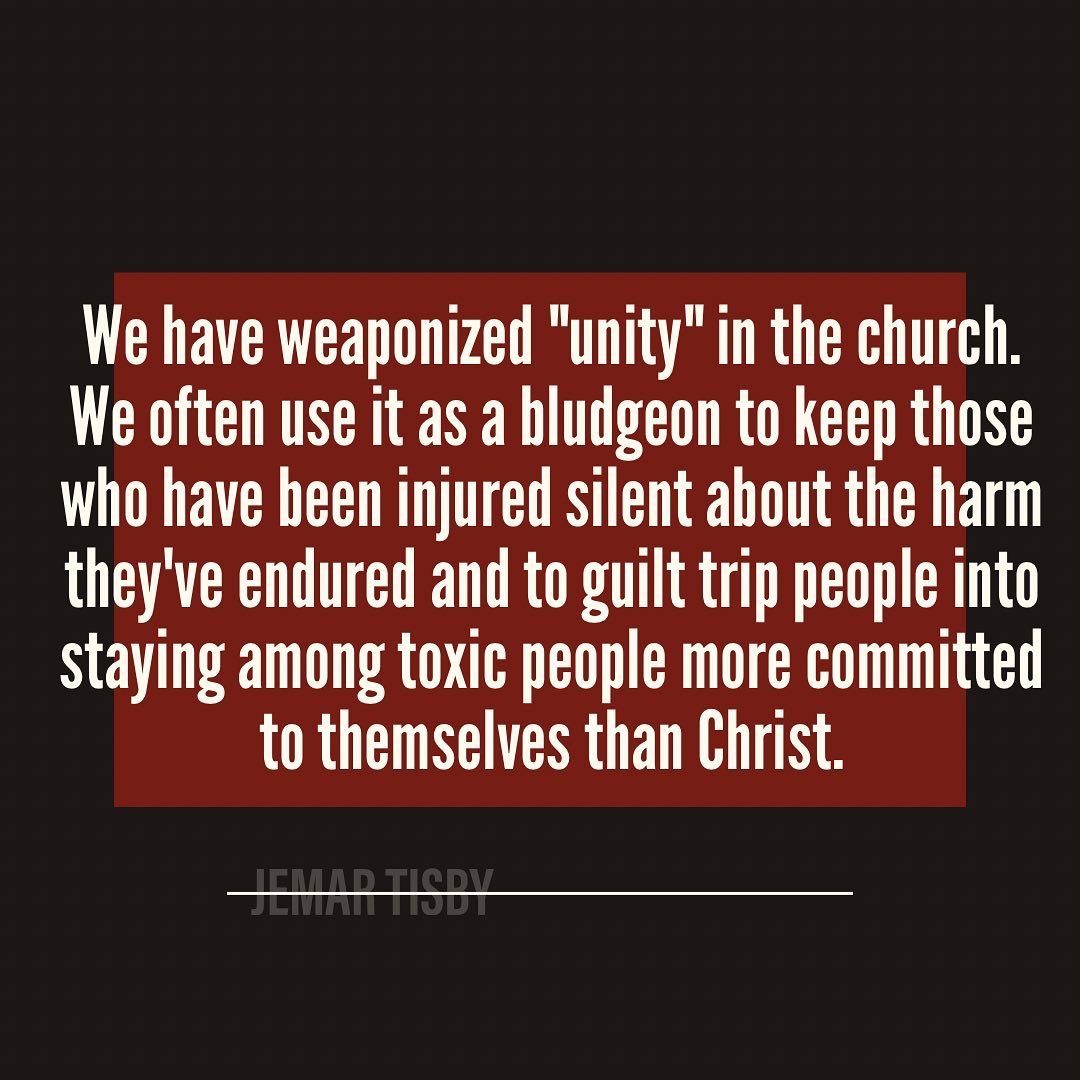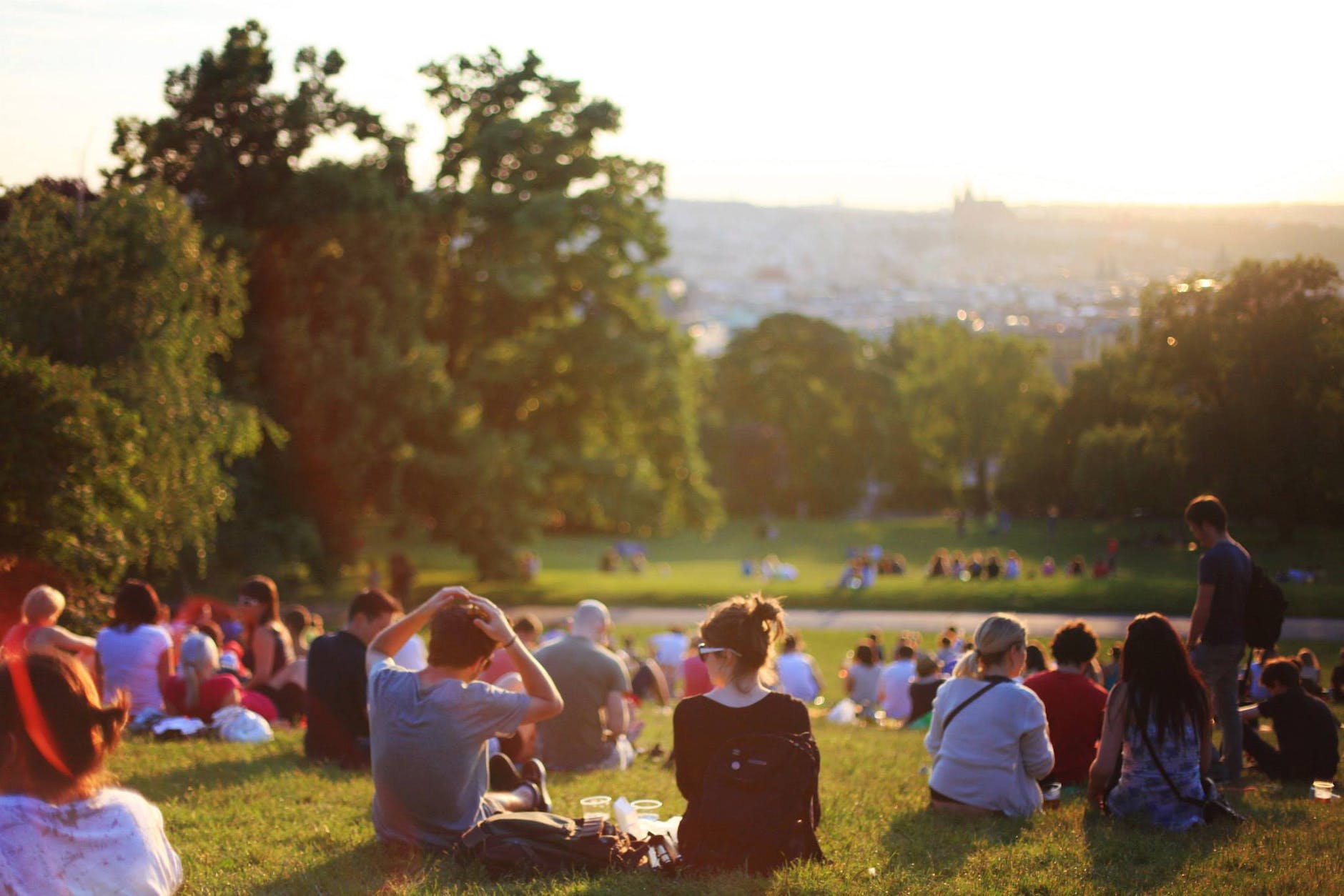
Decades ago, at least in my circles, I was assured that churches (ones that I was connected with, at least), had long since moved past any old or outdated policies on gender or sexual orientation. The somewhat spoken – and somewhat unspoken – message that I got was “Of course we’re inclusive, and everyone younger knows it. We just aren’t talking about it widely because that would upset the oldest members. In a few years, everyone here will be safe and inclusive – just be patient for a few years.” Now, it’s totally possible that I completely misread the assumptions of organizations that I was with, and others might report something completely different. However, I waited patiently, and gave organizations the benefit of the doubt, and yet now, decades later, things haven’t changed to a degree that matches what I was expecting. In fact, things are far short of what I – and so many others – have been “waiting patiently” for.
Now, still, so many faith groups (and the family units within them) discriminate against LGBTQ+ people, whether actively or passively. “Weaponized unity” as described by Jemar Tisby, is the perfect description of this phenomenon – “Just wait a bit longer for your basic rights to be accepted. Don’t rock the boat. As long as you wait quietly and don’t say anything that will upset the people who are hurting you, and don’t ask for more, we can all still come to the same services/family gatherings/spaces. But if you speak up, others will be upset and the disruption will be your fault.”
It’s yet another variation of blaming the victim. Instead of demanding that people stop discriminating, we’re asking some people to hide their true identities, or accept less than full equality, while others, in power, discriminate without consequence.
If the only thing holding our families or faith groups together is the fact that some people are allowed to discriminate, we don’t have unity. Plus, we have been asking people to “just wait a bit longer” for way too long. At the same time as people are leaving the church in rapid numbers (and leaderships wonder why), too many denominations use “weaponized unity” to keep those who are being discriminated against quiet, so that those who are discriminating don’t get upset.
We all deserve protection from discrimination – and it’s not OK to take the protection that we get and turn it around to offer someone else less than we get. It goes every direction and overlaps in countless ways. Women, minorities, Muslims, gays and so many others are legally protected from discrimination (even though it still happens). If we, as women, don’t want to be discriminated against, we can’t promote discriminate against Muslims or LGBTQ+ families. We as LGBTQ+ families deserve protection, and need to extend the same respect to our Muslim neighbours – and expect the same respect to be shown to us. We can not, in good conscience, expect someone else to tolerate discrimination that we wouldn’t accept for ourselves.
We can – and must – do better.







